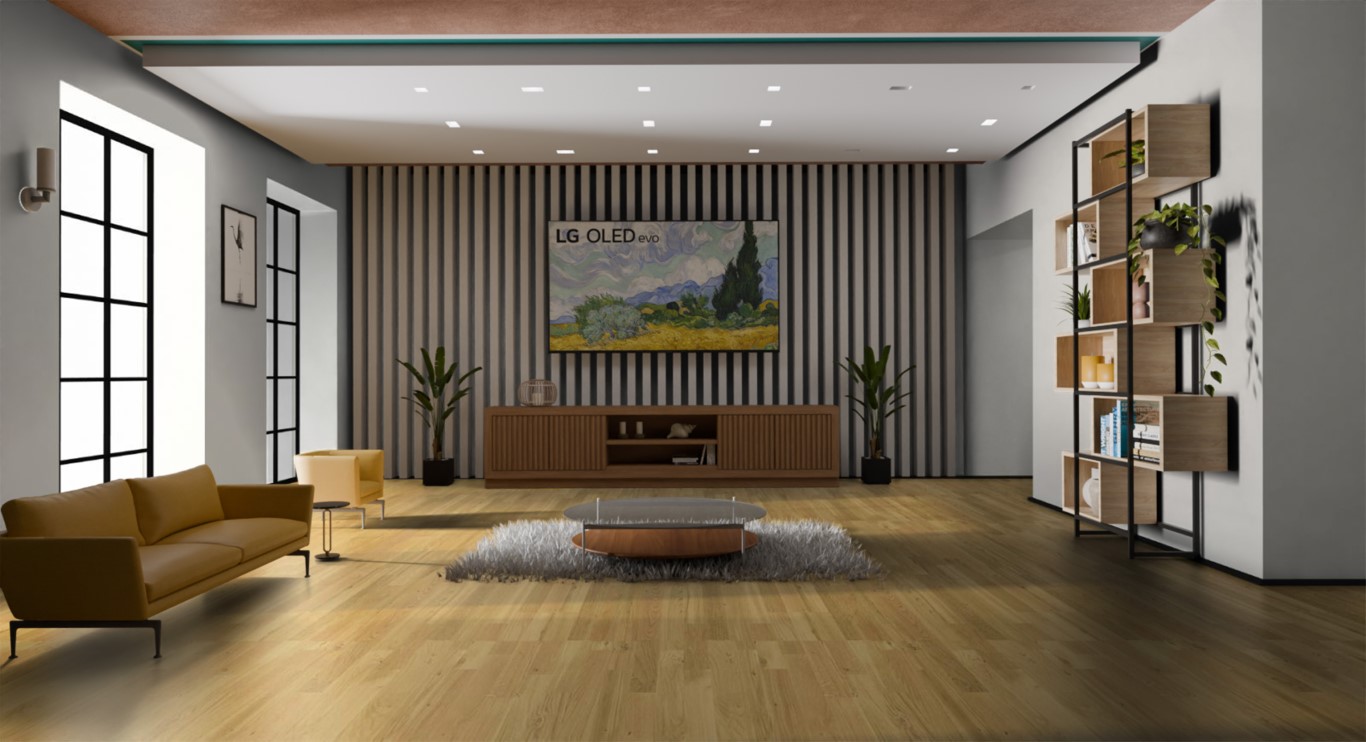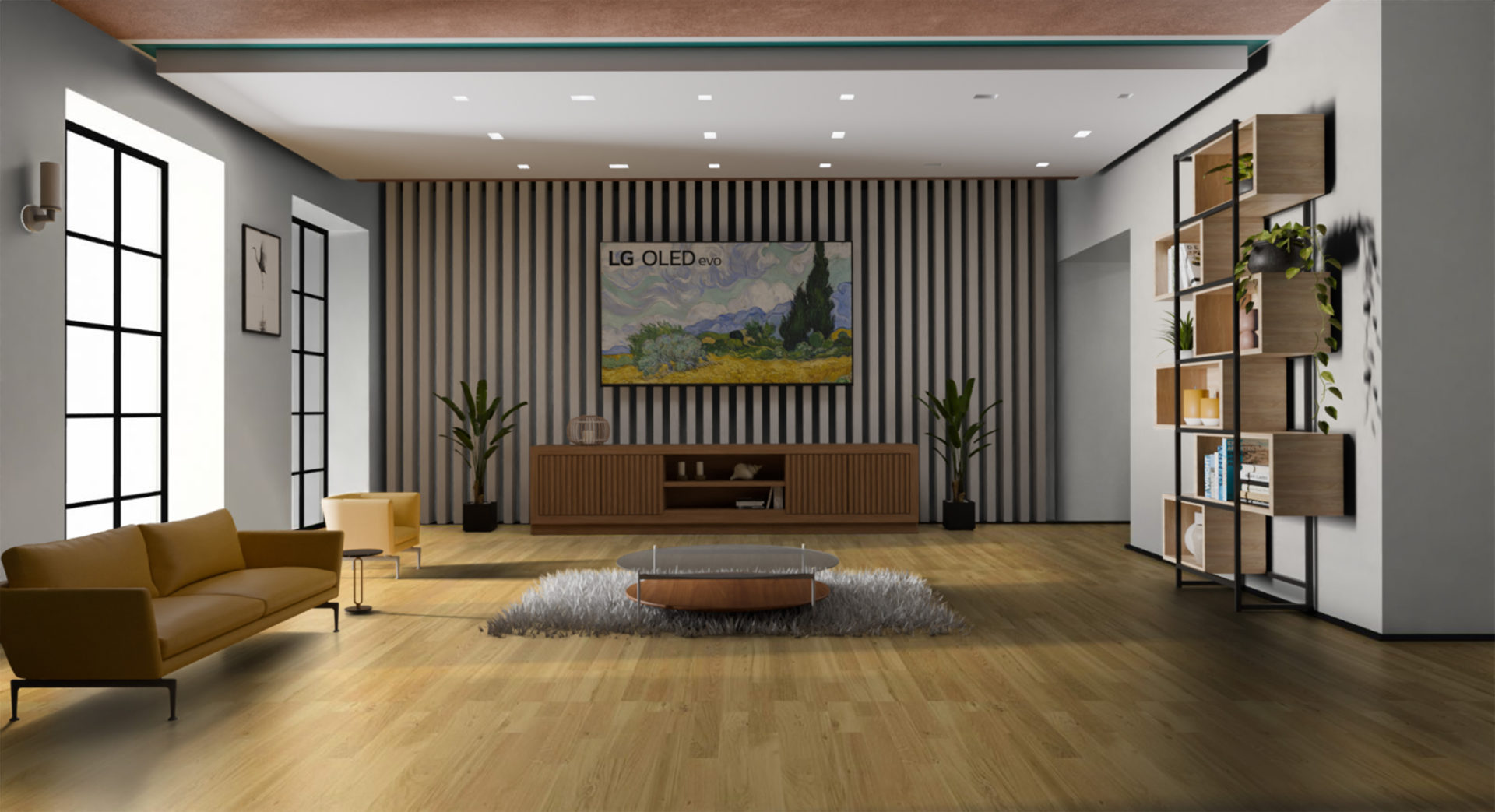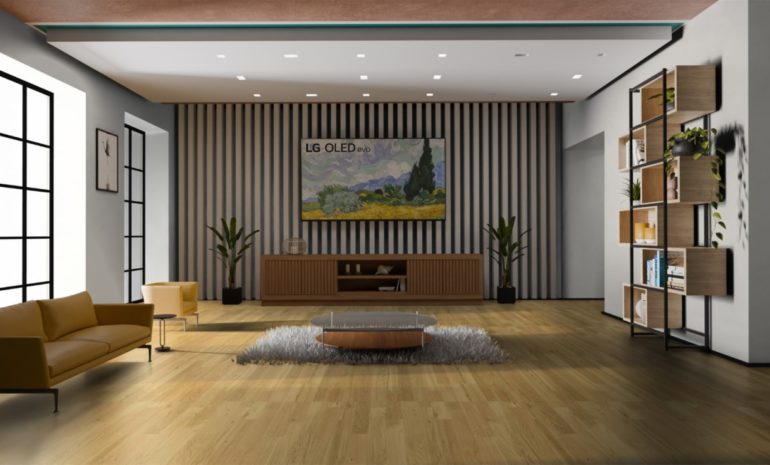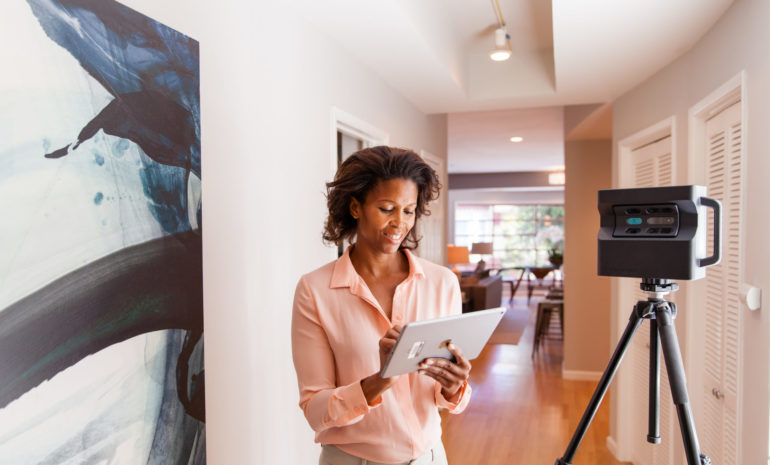According to a report by Business Day, around 90% of home buyers in Nigeria start their property search online. The real estate market is rapidly expanding, particularly in cities like Lagos and Abuja. Despite this growth, marketing real estate remains challenging. Making a property visually appealing is one thing; selling it effectively is another. This is where virtual staging can significantly enhance marketing efforts for both new and existing homes.
What is Virtual Staging?
By “virtual staging” a home, we mean using digital techniques to furnish and decorate it in a way that appeals to potential buyers. During this procedure, ugly or cluttered items are swapped out with stylish accents like contemporary furniture, wall art, and décor. Unlike traditional staging, which involves physically setting up and arranging these items, virtual staging is less hectic and more cost-effective.
Virtual Staging in Nigeria’s Real Estate Market
There are two key areas where virtual staging can be very beneficiary to the Nigerian real estate market.
Marketing:
Nigeria’s real estate market, driven by rapid urbanization and a growing middle class, is expected to significantly contribute to the country’s GDP. However, high competition necessitates innovative marketing strategies. By utilizing this digital technology, real estate agents and sellers can present their properties in their best light, showcasing the property’s full potential without the need for physical furniture or decor.
There are a growing number of agencies around the world that offer Virtual Staging as a service; one such company in Nigeria is Insightful3d, which specialize in providing virtual staging services to enhance property appeal and marketability. These companies help the marketing efforts of real estate agents, help potential buyers visualize and better appreciate a property.
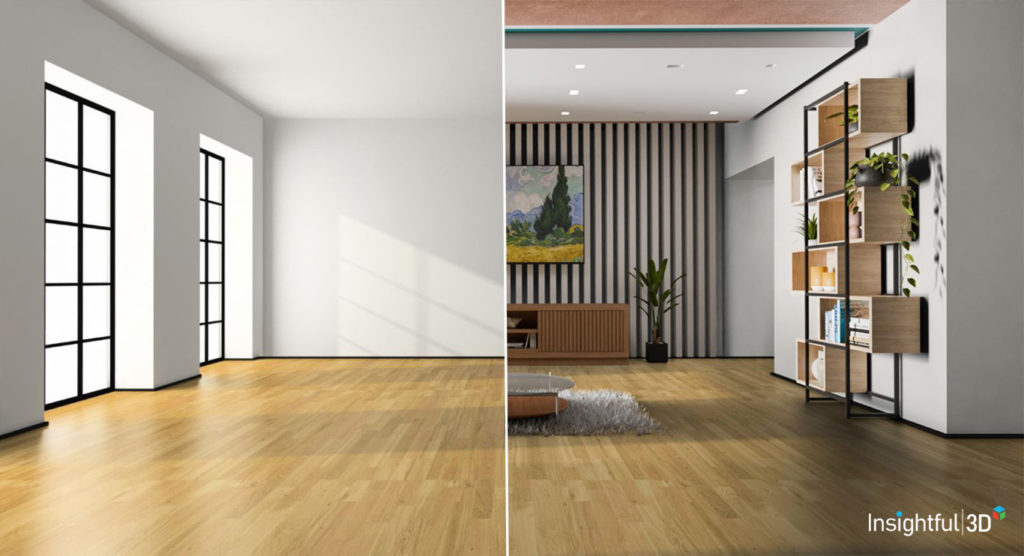
Virtual staging not only reduces the cost and time associated with traditional staging but also allows for greater flexibility and creativity in design. Potential buyers can visualize different styles and layouts, making it easier to visualize themselves in the space. Additionally, virtual staging can enhance online listings, attracting more interest and leading to quicker sales. In a competitive market like Nigeria’s, these advantages can significantly improve the chances of selling properties efficiently and at a better price.
Interior Decor:
One other key area where virtual staging provides transformative application is in interior decor. By leveraging this technology, artists, designers and real estate professionals can create fully furnished and visually appealing interiors without the physical constraints of traditional staging setup.This provides opportunities for unlimited creativity in a very cost-effective way by allowing designers to try out different styles and ideas easily.
Cons of Virtual Staging
Concerns about deception: Critics argue that virtual staging is deceptive. However, when used transparently and ethically, it is a valuable tool in the home-buying process. Ethical real estate agents should disclose when images are virtually staged, ensuring transparency, for instance, by providing both unaltered and staged photos. This helps buyers see both the property’s current state and its potential.
Benefits of Virtual Staging in Real Estate Marketing
Enhanced Appeal and Visualization:
Virtual staging transforms vacant or outdated spaces into stylish, inviting homes, attracting a wider range of buyers by offering diverse design options.
Pricing Advantage:
By improving visual appeal, virtual staging can lead to higher selling prices, as buyers are more willing to pay a premium for well-presented properties.
Time-saving Advantage:
Virtual staging is completed quickly, often in hours or days, streamlining the process by eliminating the need for physical logistics and allowing for swift adjustments.
Economical and Effective:
It reduces traditional staging costs, providing a competitive edge by enabling quick property listings and marketing.
Practical for Various Property Conditions:
Ideal for vacant, under-construction, or recently renovated properties, virtual staging helps buyers see the potential beyond the current state. Its remote accessibility allows for effective marketing across different locations.
Conclusion
Virtual staging is a powerful tool that enhances the visual appeal, cost-effectiveness, and marketing efficiency of real estate projects. Its ability to showcase properties in their best light, coupled with ethical and transparent practices, makes it an indispensable asset in any dynamic real estate market, especially in a country like Nigeria.
